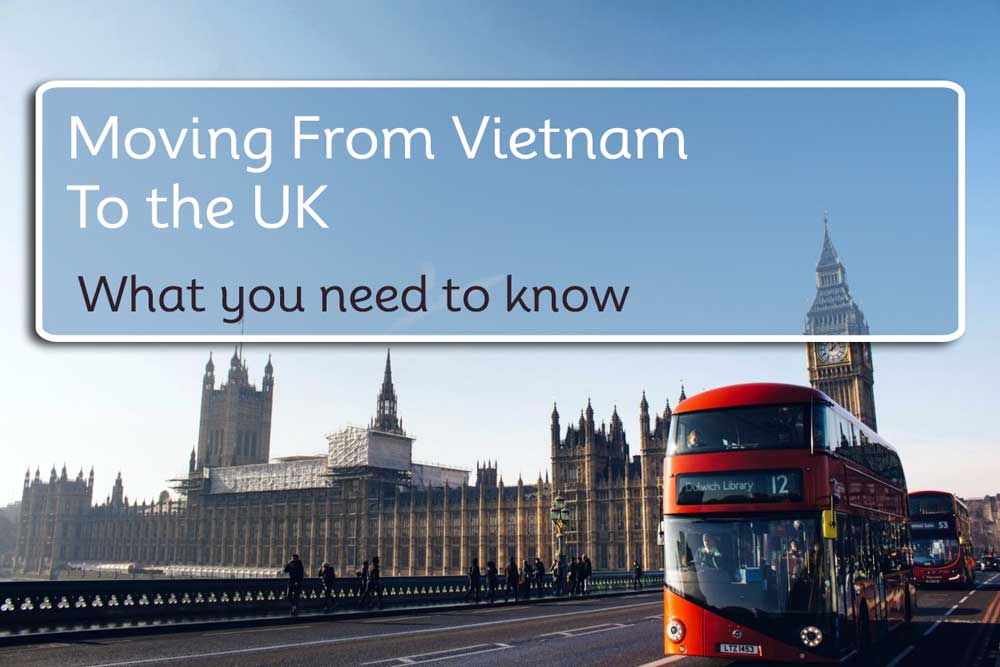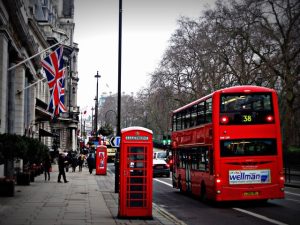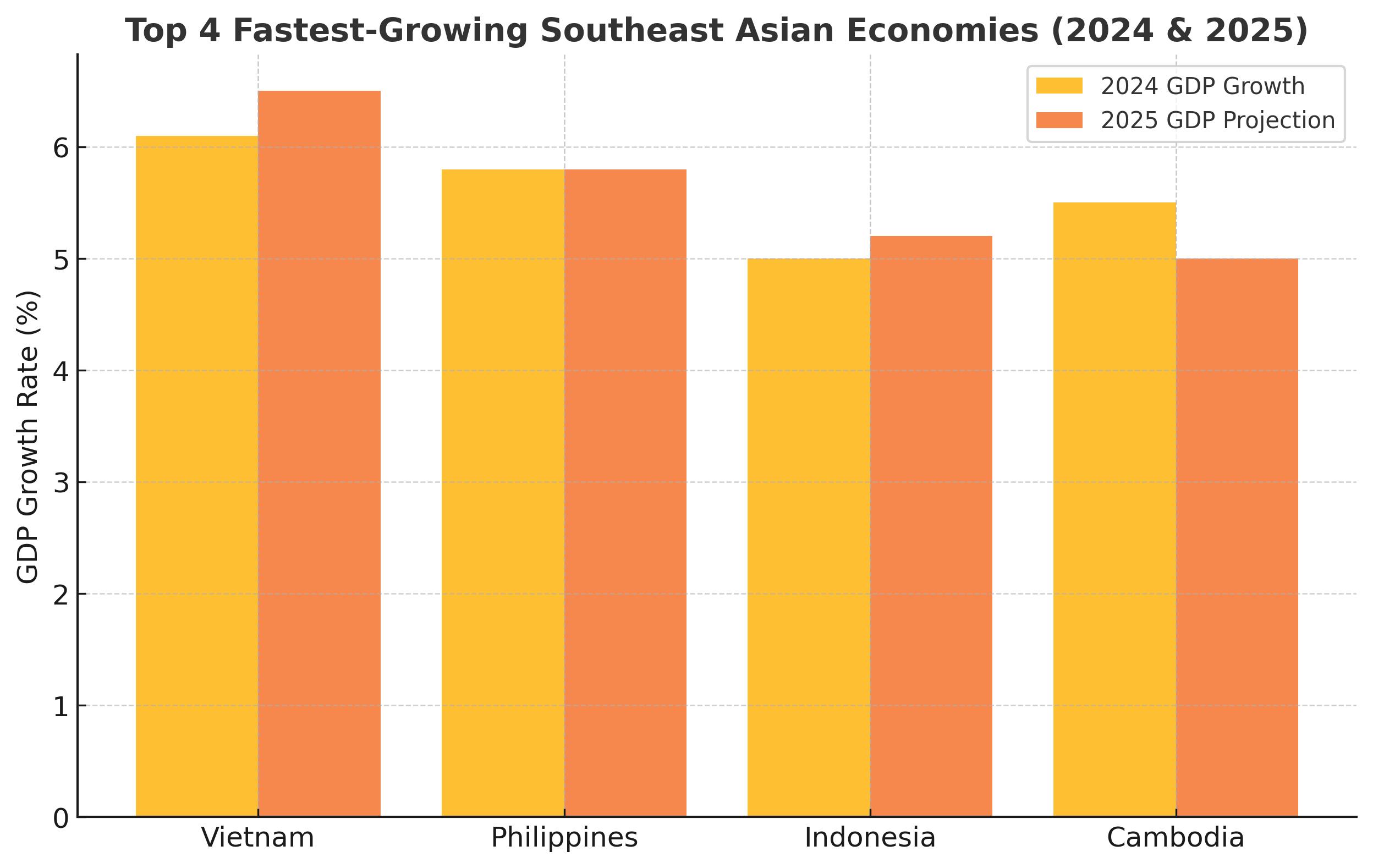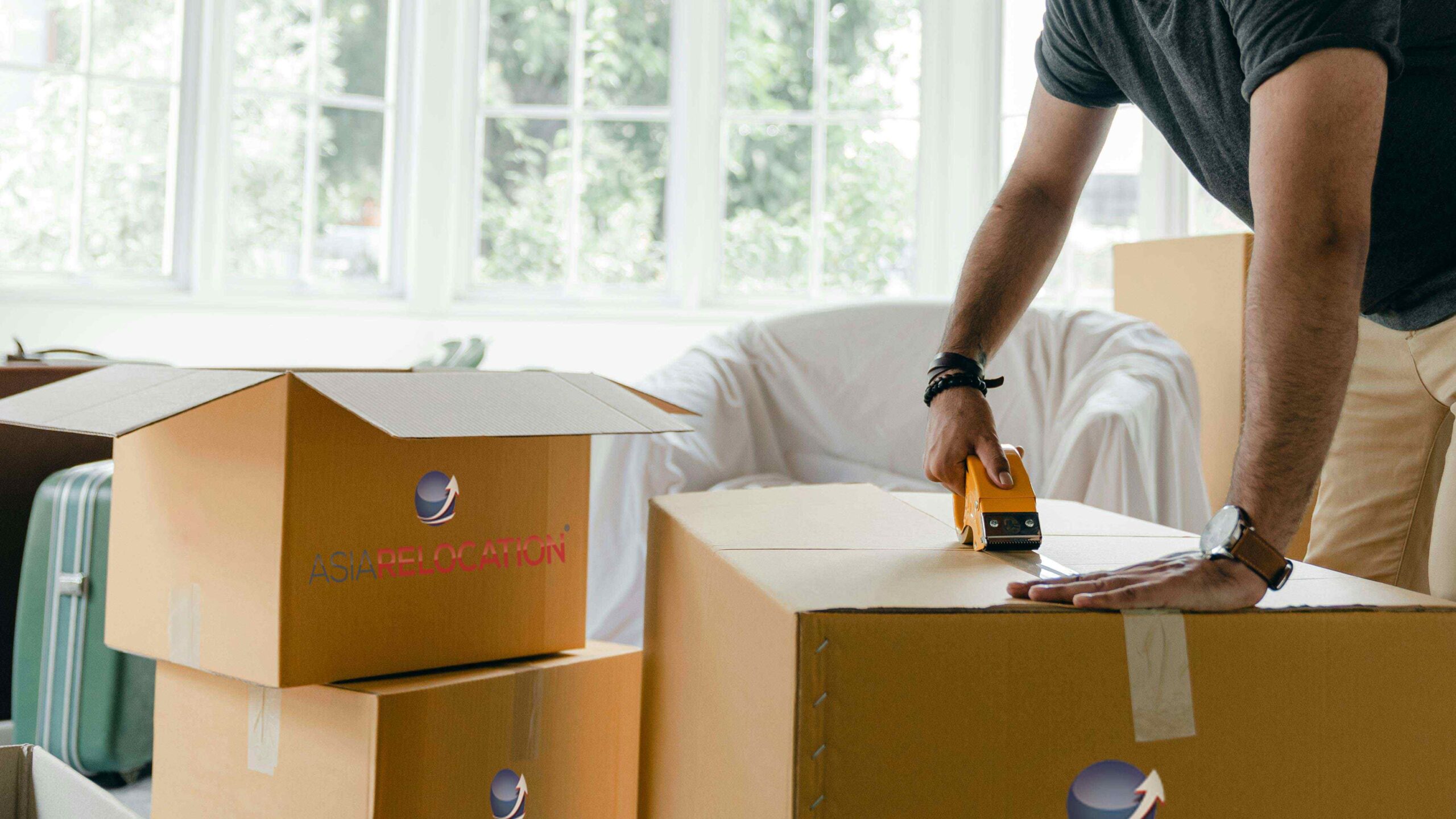
Moving from Vietnam to the UK
What You Need to Know
Relocating abroad is exciting, but it also comes with long checklists and tough decisions. When you’re moving from Vietnam to the UK, it means more than just a new address. You’re entering a country with a different legal system, housing market, and financial setup.
Thousands of Vietnamese citizens make this move each year, often for work, study, or family reasons. The key is preparation — knowing what to handle before you go and what to arrange right after landing. This guide breaks down each step into practical, simple actions that make your transition smooth and stress-free.
Understanding Visa Rules and Legal Requirements
The first step when moving from Vietnam to the UK is securing the right visa. Skilled Worker visas are for those with job offers in certain fields. Graduate visas let students stay and work after finishing their studies. Family visas allow you to join a spouse or parent. Each visa has its own rules, fees, and documents, so check eligibility carefully.
Most visas require proof of finances, identity, and accommodation. Skilled Worker visas often need a certificate of sponsorship from your UK employer. You also pay the Immigration Health Surcharge for NHS access. Processing times usually take three to eight weeks, so apply early.
Keep copies of all documents, both digital and printed. Even small mistakes, like missing pages or spelling errors, can slow your application. Staying organized now makes the rest of your move smoother.
Managing Your Finances Before Moving from Vietnam to the United Kingdom
Start by planning how to transfer your money from Vietnam to the UK. Bank transfers work, but services like Wise or Revolut often offer lower fees and better exchange rates. Decide whether to move a large sum at once or in smaller batches to manage risk.
You should also review your Vietnamese bank accounts. Some accounts allow international transactions, while others may charge high fees.
Opening a UK bank account quickly is essential. Most banks require proof of address, passport, and visa documents.
Finally, estimate your living costs. London is expensive — rent and transport are much higher than in smaller cities like Manchester or Leeds. A three-month buffer for housing, food, and bills is recommended.

Finding the Right Place to Live in United Kingdom
Even if your accommodation is arranged, it helps to review the contract carefully. Confirm the landlord or agency is legitimate and that the property matches what was promised.
Check the tenancy terms in detail. Most agreements require a deposit, a signed contract, and references. Make sure all dates, rent amounts, and included utilities are correct.
Set up essential services under your name. This includes electricity, gas, water, and internet. Take meter readings on arrival to avoid disputes later.
Before fully moving in, inspect the property thoroughly. Note any existing damage or missing items with photos or written records. This protects your deposit and prevents issues after you settle in.
Moving Your Belongings From Vietnam
When preparing for your move, it helps to make a packing checklist for beginners. This ensures you don’t forget important items and keeps your move organized. For your first weeks, remember to pack everything you will need, including essential documents, basic clothing, and electronics.
Decide what to ship and what to carry with you. Air freight is faster but more expensive, while sea freight takes longer but costs less for large shipments. Include only necessary furniture or household items, as buying some things in the UK can be easier.
Check customs regulations before shipping. Certain items may be restricted, taxed, or require documentation. Electronics and appliances should meet United Kingdom standards — for example, UK plugs use Type G.
Label boxes clearly and keep a list of contents. This makes unpacking easier and helps if anything is delayed or lost during transit.

Setting Up Your UK Essentials
Once you arrive, getting the basics set up quickly makes life much easier. Apply for a National Insurance number as soon as possible — you need it for work and taxes. Most banks also require it, along with your passport and visa, to open an account.
Register with a local GP (doctor) to access the NHS. Once registered, you can book appointments, get prescriptions, and use NHS services. Remember, calling 999 or 112 is for emergencies, while 111 helps with urgent medical needs that aren’t life-threatening.
Set up utilities if they are not included in your housing. Confirm electricity, gas, water, and internet accounts are active in your name. In some cities, water meters are more common than others, and some regions use dual-rate electricity tariffs.
Finding Work and Adjusting to the Workplace in England
Start by searching for jobs on platforms like LinkedIn, Indeed, and Reed. Make sure your CV follows the UK format, which is usually shorter and more focused on achievements than personal details. For many roles, employers will ask for proof of right to work, which your visa and National Insurance number cover.
Understand UK work culture. Punctuality is very important, and meetings usually start on time. Teamwork and polite communication are valued. The typical workweek is 37–40 hours, with 20–28 days of paid leave depending on your contract.
Taxes and contributions are handled through PAYE (Pay As You Earn), which automatically deducts income tax and National Insurance from your salary. Some jobs may also offer pension contributions.
Getting Your Qualifications Recognized
If you are a professional, check whether your Vietnamese degrees and certifications are recognized in the UK. Ecctis (formerly NARIC) provides official verification for most qualifications. Some professions, like nursing, teaching, or engineering, require additional UK registration or exams before you can work.
Always bring translated and notarized copies of your diplomas and transcripts. This speeds up applications and avoids delays. For regulated professions, research the specific UK body — for example, nurses register with the NMC, and engineers may need membership with the Engineering Council.

Building a Routine and Support Network
Connecting with local communities helps you settle faster. Look for Vietnamese expat groups, social clubs, or university associations in your city. These networks provide advice, social support, and opportunities to meet people with similar experiences.
Establish a daily routine early. Register with your GP, set up banking and utilities, and plan grocery shopping and commuting. Joining local activities, volunteering, or hobby groups can help you feel at home while building friendships outside your immediate community.
Common Challenges in UK and How to Handle Them
Housing issues can still arise even if your place is arranged. Always verify the landlord or agency, check the contract carefully, and document the property’s condition when you move in.
Opening a bank account without a UK address can be tricky. Some banks accept a letter from your employer or university, while others may require proof of tenancy.
Keep in mind that homesickness and cultural adjustment are common. Staying in touch with loved ones, joining local communities, and exploring your city gradually can help. Remember, small routines and local friendships make a big difference in feeling settled.
Settling In Without Losing Momentum
Successfully moving from Vietnam to the United Kingdom is about preparation and action. Take care of paperwork, finances, and essentials first, then focus on building routines and connections. Each step you complete makes the next easier and more rewarding.
Stay proactive but patient. Small daily habits, like exploring your neighborhood, attending local events, or keeping in touch with your community, help you feel at home faster. The more you tackle early, the smoother your new life becomes.
Find the Good relocation partner
Asia Relocation Vietnam is part of the renowned Asia Relocation Group, a trusted leader in international mobility and relocation services across Southeast Asia since 2011. With extensive experience managing corporate and private moves between Vietnam and Europe, our Ho Chi Minh City team provides a full range of tailored solutions — from international moving, visa and immigration support, housing, and school search, to settling-in assistance. As a member of global relocation associations such as IAM and EURA, Asia Relocation Vietnam ensures world-class quality, compliance, and personalized care, making every transition to the United Kingdom seamless, efficient, and stress-free.








